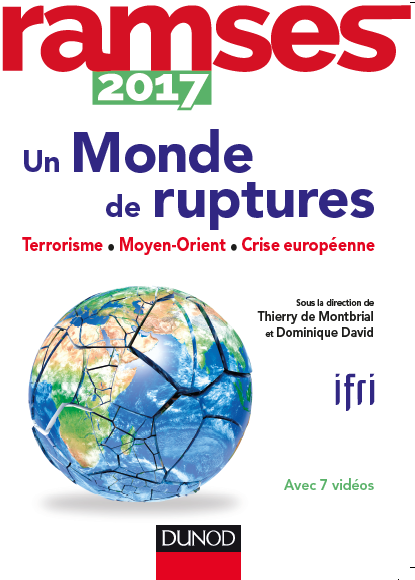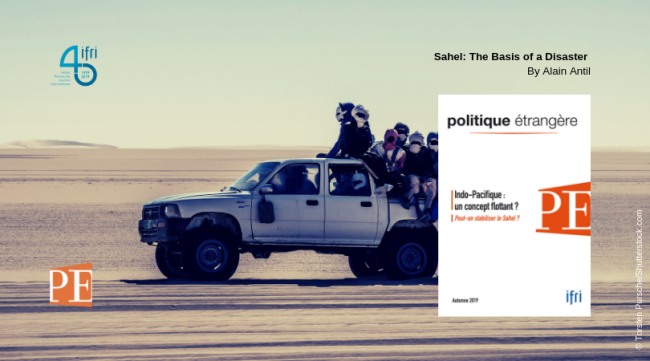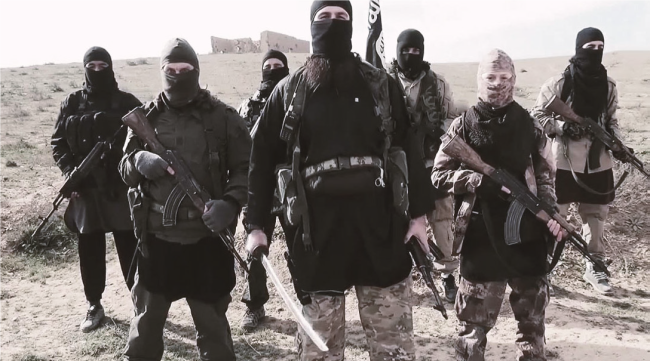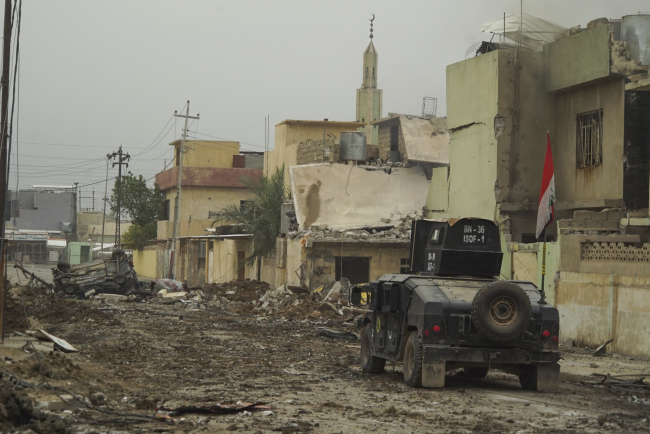The Right-wing Extremism in Germany. An Underestimated Threat?
In 2018, the Federal Office for the Protection of the Constitution classified 24,100 people in Germany as right-wing extremists. More than one out of two right-wing extremists is described as “violence-oriented”. These figures demonstrate the high level of threat in the German constitutional democracy, which has already manifested itself in the form of various terrorist attacks against foreigners, religious communities and more recently politicians.
Sahel: The Basis of a Disaster
With sluggish economies that create few jobs, soaring demographics, international aid often considered as revenue, and a security apparatus unable to protect national territory and its population, are the Sahel states losing control of their own domestic areas?
Quel avenir pour le djihadisme ? Al-Qaïda et Daech après le califat
Despite a relative weakening since 2017, the international jihadist movement should continue to pose a genuine threat over the next decade.
The European Union's Struggle Against Terrorism
Since 2015, several countries in the European Union have been hit by attacks.
Russia’s Afghan Policy in the Regional and Russia-West Contexts
This report seeks to explain the main trends in Russia’s evolving Afghanistan policy, with the focus on its regionalization, diversification, and new emphasis on diplomacy that culminated in Moscow regional peace consultations. It argues that none of Russia’s Afghanistan-related concerns can be alleviated as long as the armed conflict there continues in full force. This makes Moscow genuinely interested in stabilization.
137 Shades of Terrorism. French Jihadists Before the Courts
This study, based on original judicial sources, assesses the profiles of 137 individuals sentenced in France for cases related to jihadism.
A Victory to End All Victory: Iraq after the Islamic State
The offensive on Mosul against Islamic State crystallises all of the political, social and security issues which determine the future of the Iraqi state.
France vs. Jihadism: The Republic in a New Age of Terror
This paper assesses the current state of the jihadist threat to France, as well as the French authorities’ security response. With the upcoming presidential election, 2017 will be a decisive year for the country. Terrorism will be at the heart of the campaign and ISIS will most likely try to strike again.

RAMSES 2017. A Fragmented World
RAMSES 2017. A Fragmented World, prepared by IFRI’s research team and selected external experts, offers an in-depth and up to date analysis of global geopolitics.
This 35th edition focuses on three key issues: the spread of jihadist terrorism, the Middle East’s disintegration, and doubts about the European project. With the world’s balance of power and economic foundations shifting, the next few months are likely to be decisive for our future. The growing diversity and complexity of our world is startling, which is why it is important to rethink our analyses and means of action.

The Middle East that Awaits a New US Administration
Along with a history marked by intervention from external powers, the Middle East is now confronting conflicts which combine political, ethnic and religious dimensions. The United States can not withdraw its “leadership” in the area. Aside from the Syrian question, the next American administration will have to redefine the network of partnerships and alliances in the region and grapple with a multitude of problems, none of which have simple solutions.
NSA Does the Grand Tour
On Tuesday Barack Obama called President Francois Hollande of France to explain the National Security Agency’s massive surveillance of French government offices, businesses and private citizens. Obama stated that this was a well-meaning attempt to protect both countries from Islamic terrorism. He offered to “reexamine” the program so as to determine whether the right balance was struck between public safety and privacy rights.
France and the Fight against Terrorism in the Sahel: The History of a Difficult Leadership Role
Except for its extreme poverty and the disastrous effects of a series of droughts, the Sahel region has been largely out of the spotlight of international attention in the past. Yet the rise of terrorism and especially the creation of Al-Qaida in the Islamic Maghreb (AQIM) in 2007 brought the region into the focus of world politics. Initially, AQIM"s activities in the Sahel mainly posed a threat to the stability of the Sahelian states themselves. In an effort to internationalize its agenda, however, AQIM also started targeting Western countries.
The Sahel: A Crossroads between Criminality and Terrorism
Besides the ongoing political conundrum in Mali, it is the entire West African region, from Guinea Bissau to Mali, which is under threat of destabilization. Indeed, for many years now, terrorists and drugs traffickers have been synergizing their respective illegal activities, transforming the Sahel into a narcoterrorist zone. As a result, the Sahel has become a dangerous crossroads for drugs, crime, terrorism and insurgency.
Al-Qaeda in a Changing Region
On Tuesday 10 April 2012, Osama bin Laden was finally replaced on the FBI’s most wanted list by a fugitive schoolteacher accused of possessing child pornography. As the United States’ perception of threat has shifted, so too has the broader national security discourse. The prominent al-Qaeda analyst Peter Bergen observed that the terrorist group which launched the 9/11 attacks is now more or less out of business. He argued, too, that it is time to declare al-Qaeda defeated and “move on to focus on the essential challenges now facing America”: fixing the country’s economy, containing a rising China, managing the rogue regime in North Korea, and continuing to delay Iran’s acquisition of nuclear weapons.
Algeria and the Crisis in Mali
The multifaceted crisis in Mali, which has effectively led to state collapse and split the country in two, has drawn international attention to Algeria’s role in the stability of the Sahel. One might expect Algeria, as the region’s preeminent military power, and one that has sought to position itself as a leader in counter-terrorism, to lead the international response to the growing chaos along its volatile southern border.
Protecting Nuclear Installations: The difference between industrial safety and national security
There is a gritty public debate going on in Europe about what threats should be considered in conducting stress tests on existing nuclear power plants or in establishing safety criteria for new build nuclear power.
Potential Strategic Consequences of the Nuclear Energy Revival
Renewed interest throughout the globe in harnessing nuclear energy has raised concern about security threats from states and non-state actors while holding out the promise of more electricity for more people.



Jihad in Syria and in Iraq: a Сhallenge for France
One week after the terrorist attacks in Paris, the police killed two jihadists in Belgium. Officials said that the two men were coming back from Syria and were on the brink of targeting Brussels. The capital of Belgium was already targeted a few months ago: in May 2014, Mehdi Nemmouche – a French citizen who had trained in Syria – killed 4 persons in Brussels’ Jewish museum.
Support independent French research
Ifri, a foundation recognized as being of public utility, relies largely on private donors – companies and individuals – to guarantee its sustainability and intellectual independence. Through their funding, donors help maintain the Institute's position among the world's leading think tanks. By benefiting from an internationally recognized network and expertise, donors refine their understanding of geopolitical risk and its consequences on global politics and the economy. In 2025, Ifri supports more than 80 French and foreign companies and organizations.












